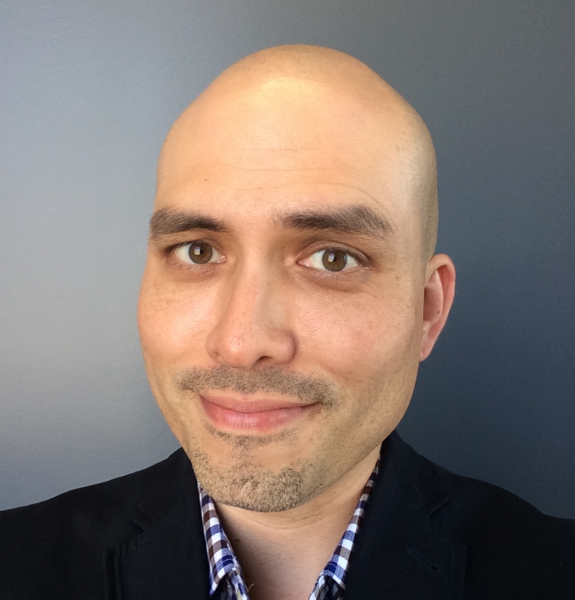SPOTLIGHT: Randolf D. Dipp aka R.D. Dipp

What was your pathway toward entering the mental health field?
Initially I was interested in Family Practice because I wanted to know my patients well and see them over the their entire life cycle. I entered Osteopathic Medical School with this in mind. I discovered in my clinical rotations that rarely within Family Practice was it possible to get know patients so well; usually there was high volume of patients and only short interactions. In Psychiatry there was a greater opportunity to really get know patients as unique individuals.
And what drew you to psychoanalysis/psychoanalytic psychotherapy?
Psychoanalysis is the epitome of acknowledging, respecting and getting to know patients as unique people with unique approaches to resolve the issues that they have encountered in their lives – some of these approaches work well and others not so well. I find nothing more interesting than understanding the mind of others, and in that process understanding my own mind. Psychoanalysis is about how the mind functions, not merely the pathological aspects of the mind – it is very much about understanding and acknowledging the mind as healthy but still exploring if there are better ways to do things. I feel this is very much in keeping with the origins of Osteopathic philosophy of promoting healthy functioning instead of labeling disease.
Tell us about your educational experience thus far at SDPC: Particular courses, experiences, teachers, supervisors/consultants that have been most formative?
Currently I am in my sixth year and hoping to graduate this year. While the course work has been arduous, it's also been great. The teachers are all very motivated. They would not donate their time if they did not. I would say my own analysis along with supervision, and my experience with patients have been most formative. Without exploring myself and engaging with patients the readings would not have been as alive. I like the tripartite model that the Center has of one's own analysis, three psychoanalytic cases, and didactic readings with discussion. Meeting with different supervisors and students has offered different things at different times depending on what my educational needs were at the time; each experience has been an important step for the next.
How has your training in psychoanalysis or psychoanalytic psychotherapy affected a) your practice, and b) your professional development? Other areas of life?
My practice is made up almost entirely of psychodynamic/psychoanalytic therapy with some medication management. I have found that being able to offer both gives most patients the greatest opportunity for relief and improvement in their lives. I have seen patients get better consistently with greater ability to enjoy their lives. Psychoanalytic therapy simply is a treatment that works well.
How else have you applied your analytic knowledge?
To just about every aspect of my life as people are in almost every aspect of my life. Just about anything important in the world has something to do with people and the meaning in those relationships. Analytic thinking has shaped and contributed to my understanding of almost everything meaningful in my life.
What is something very few people know about you?
I think everyone knows everything about me. (or I speak a fair amount of Japanese. Or I practice a martial arts called Batto-do which is a form of Japanese Swordsmanship.)
Tell us about your practice and who you are most interested in working with.
I have a solo practice in located in downtown San Diego. I work with primarily depressed and anxious patients, as well as those who would like to work through conflict or better understand themselves.
Where is your practice, and how can potential patients contact you?
1350 Columbia Street Suite 800, San Diego, CA 92101
619-255-1649 rdd@drdipp.com
